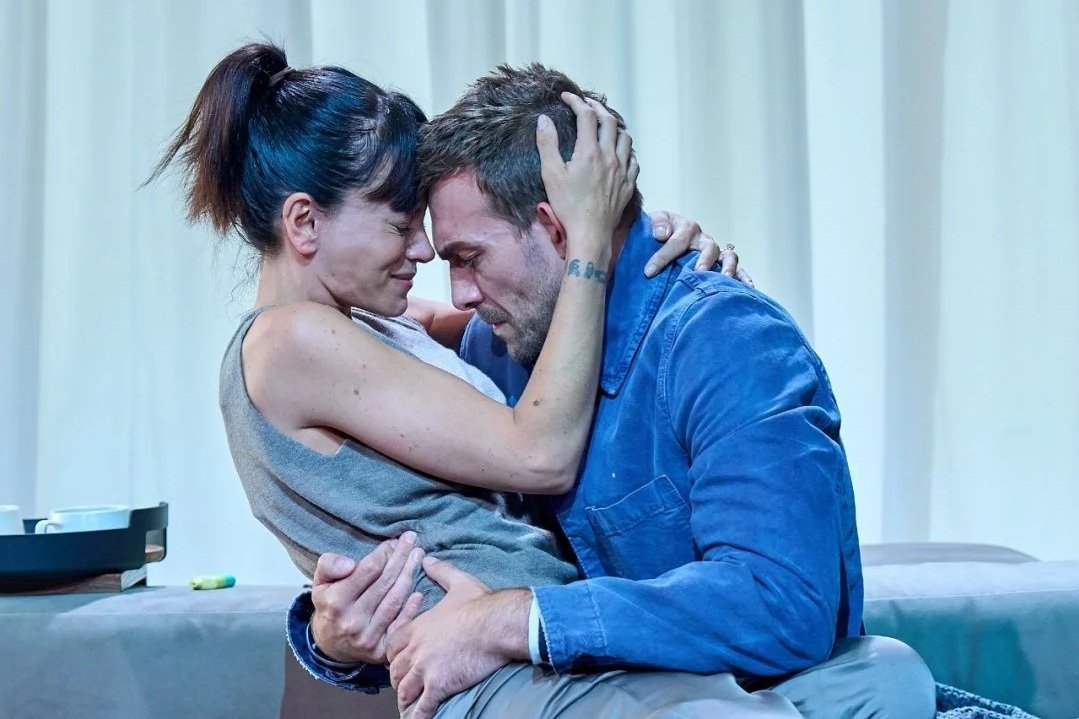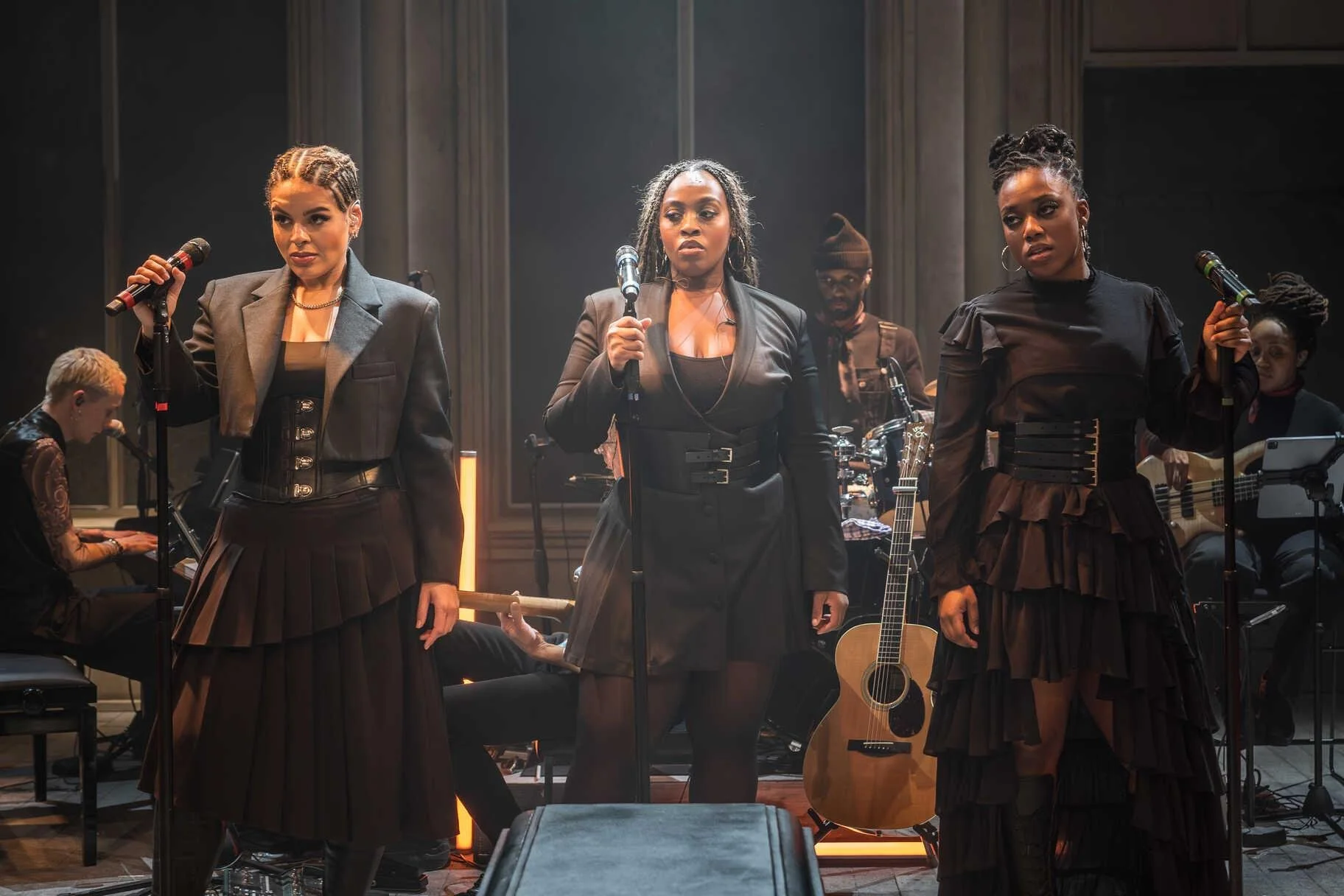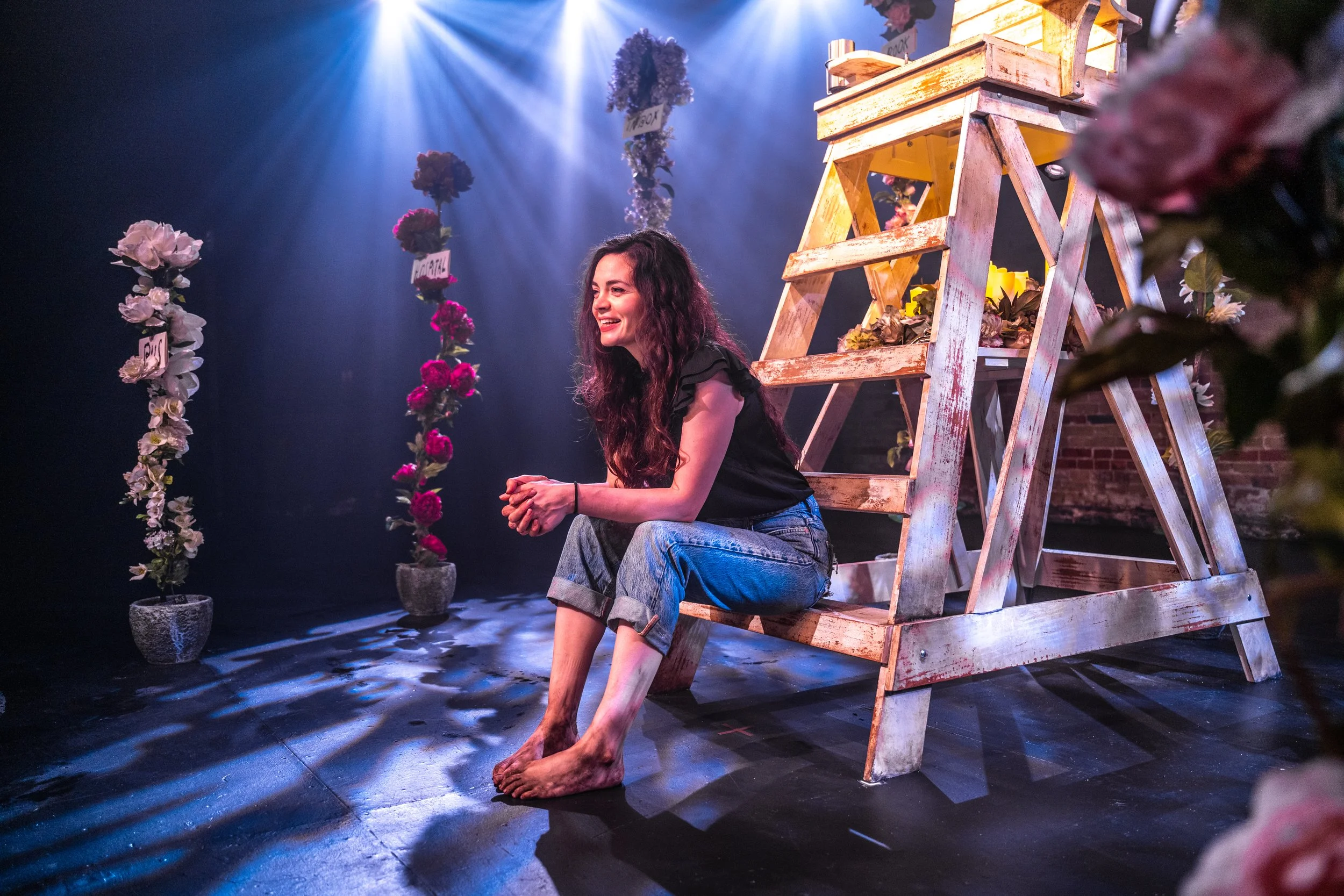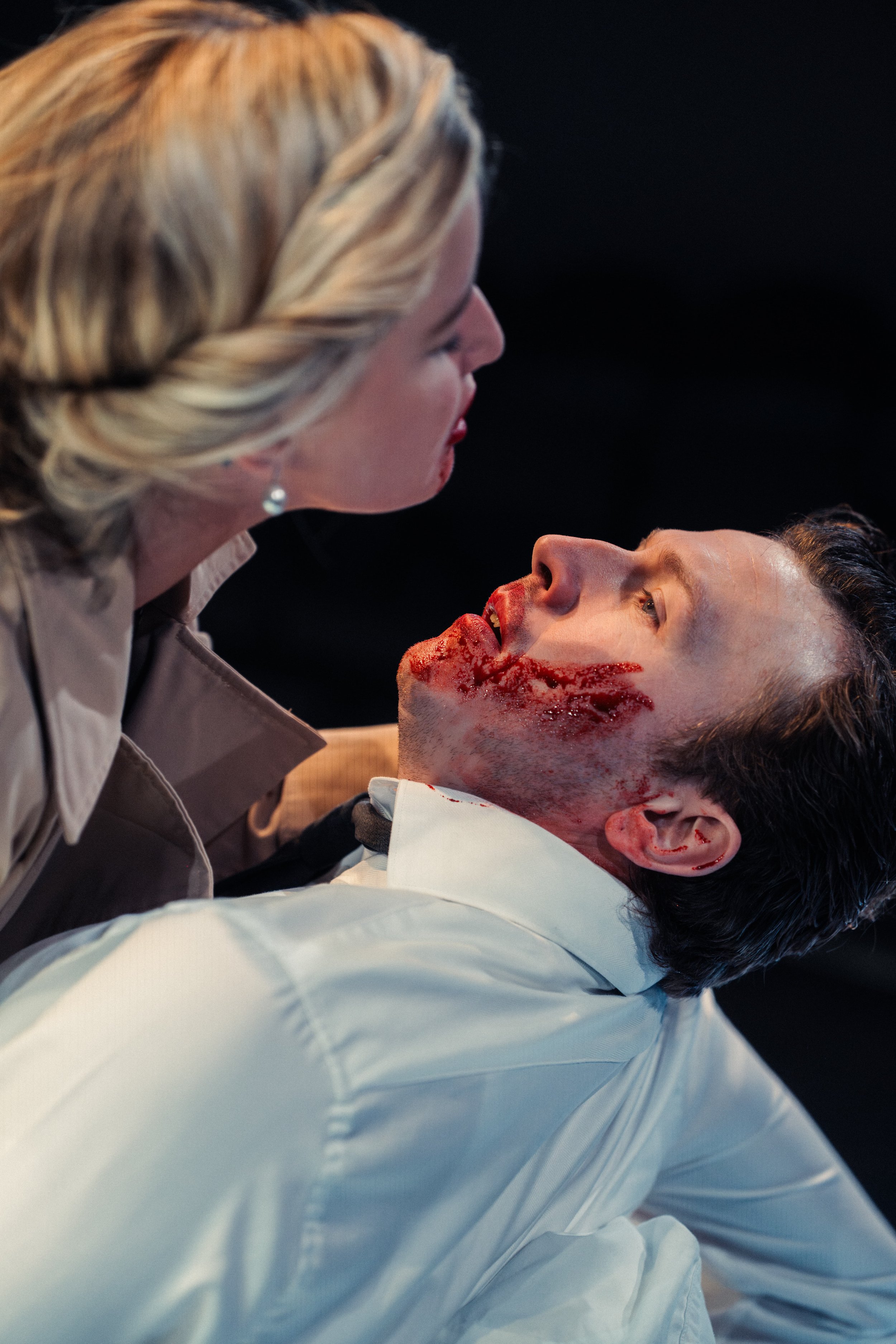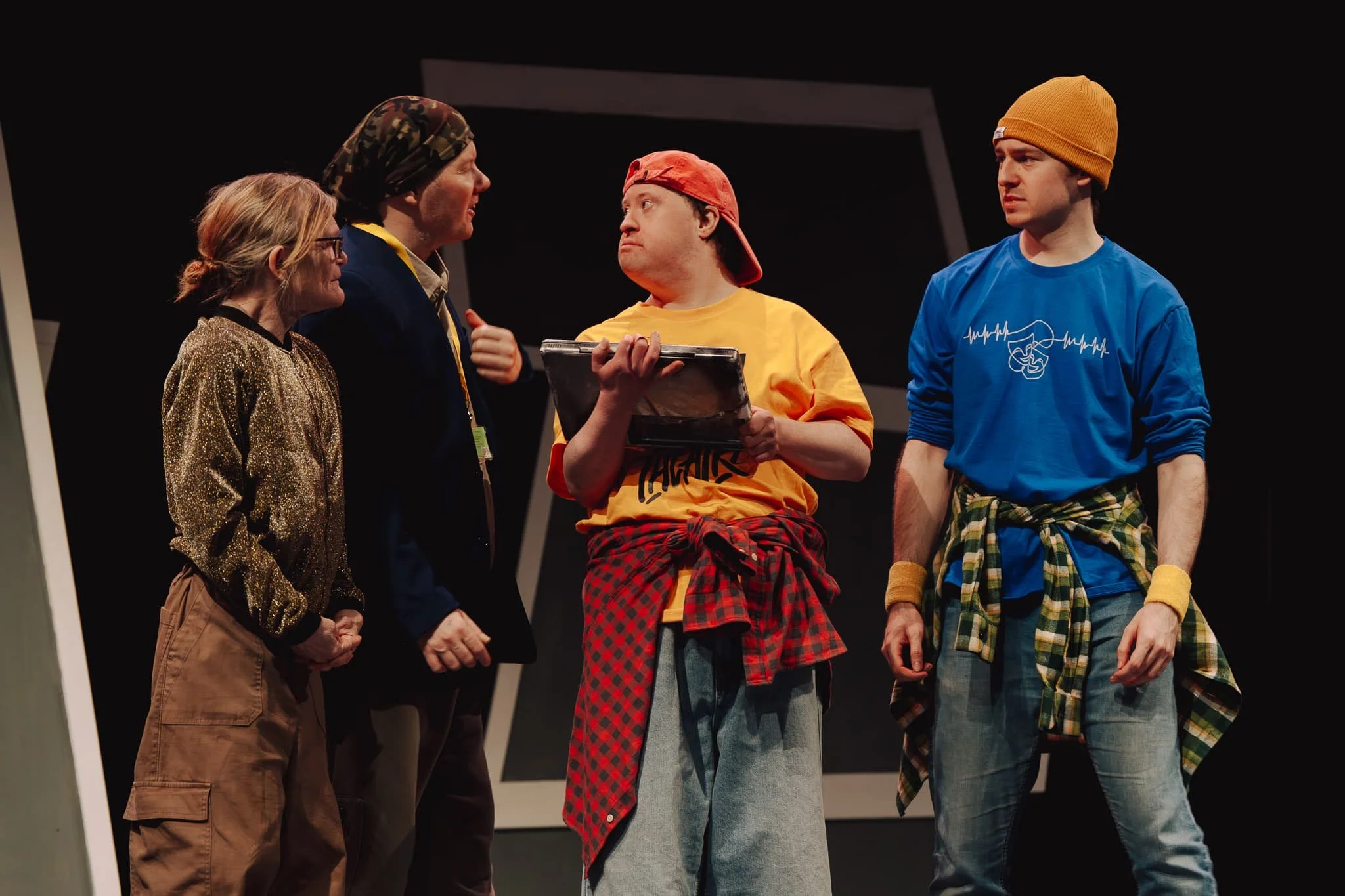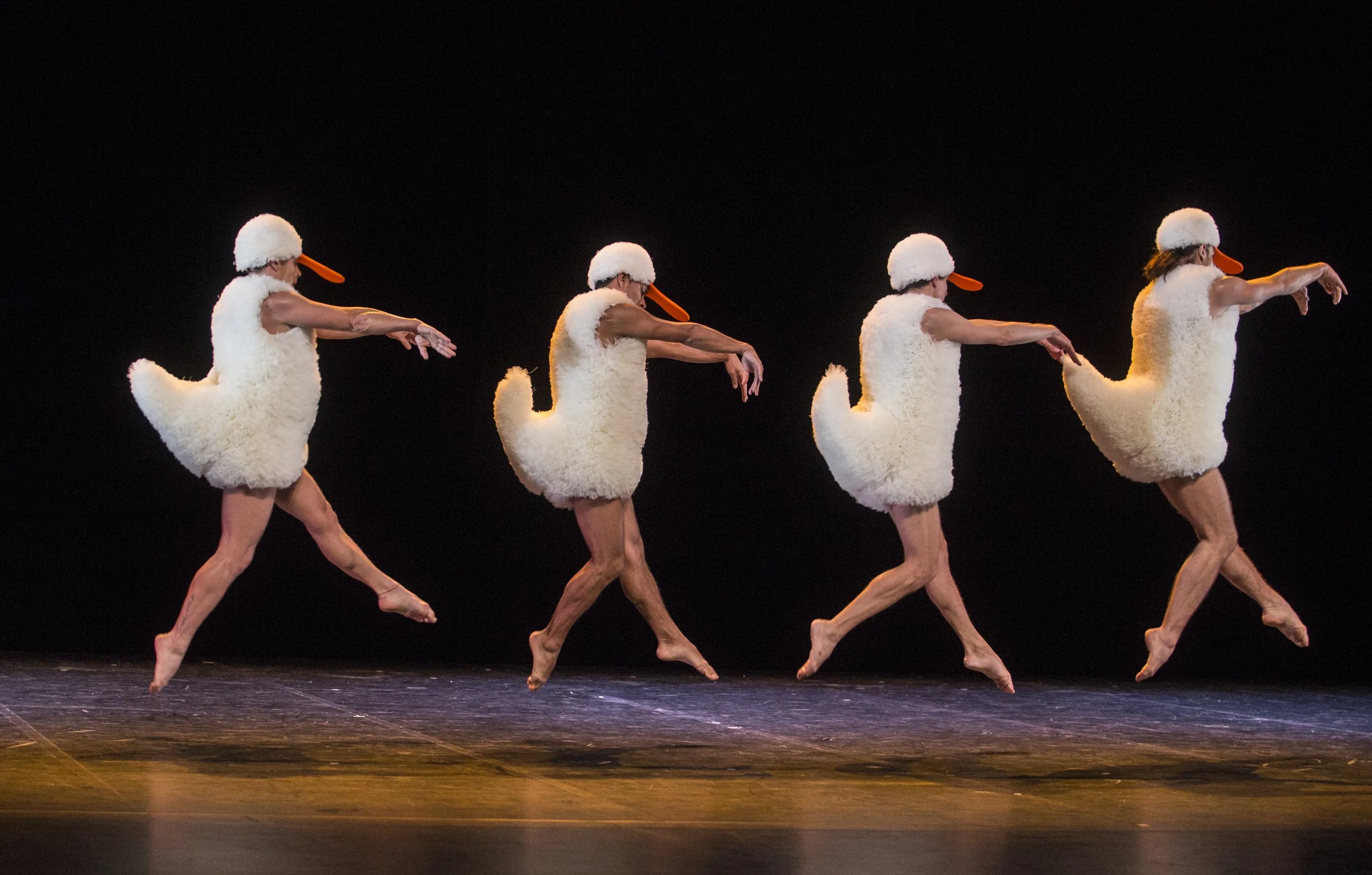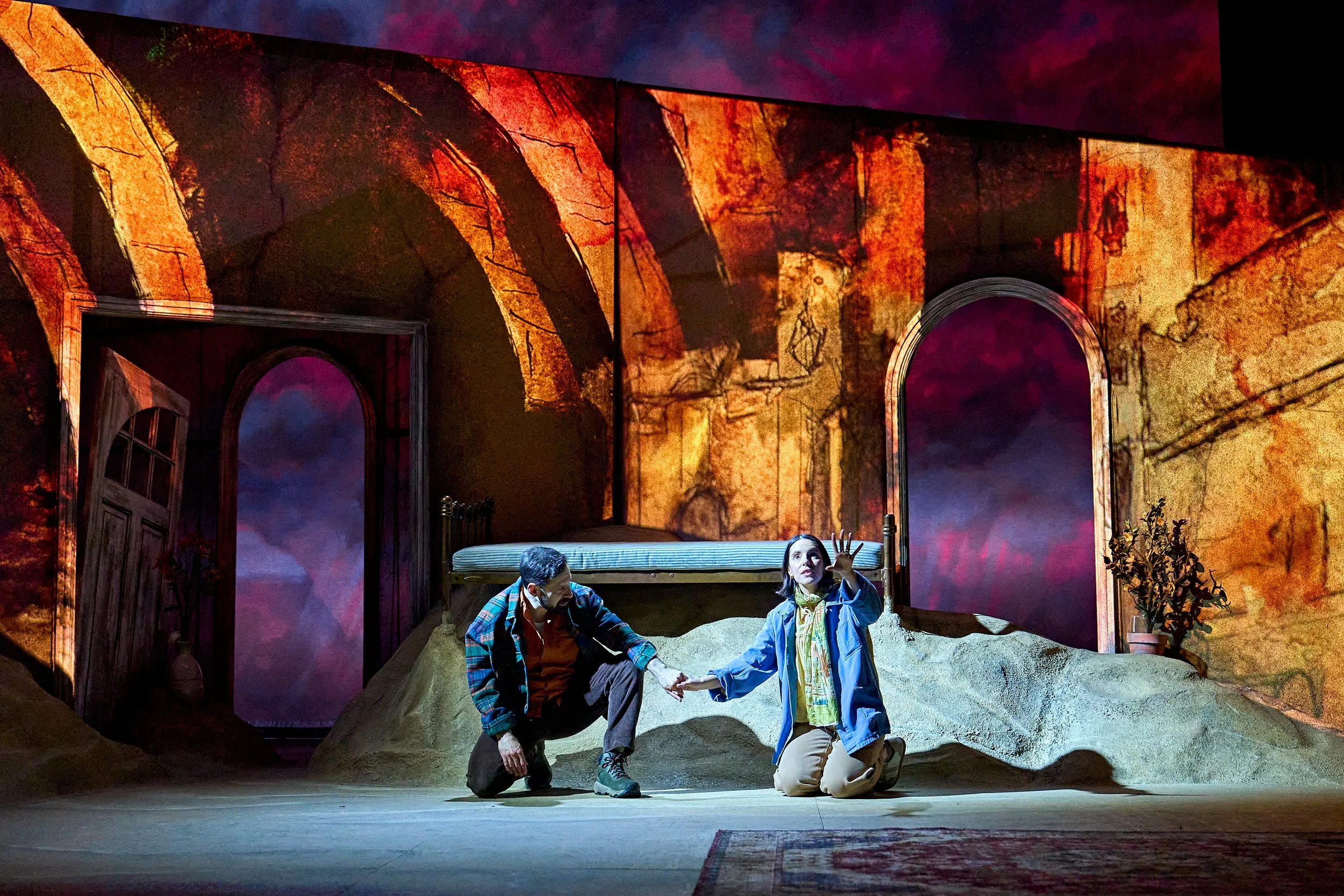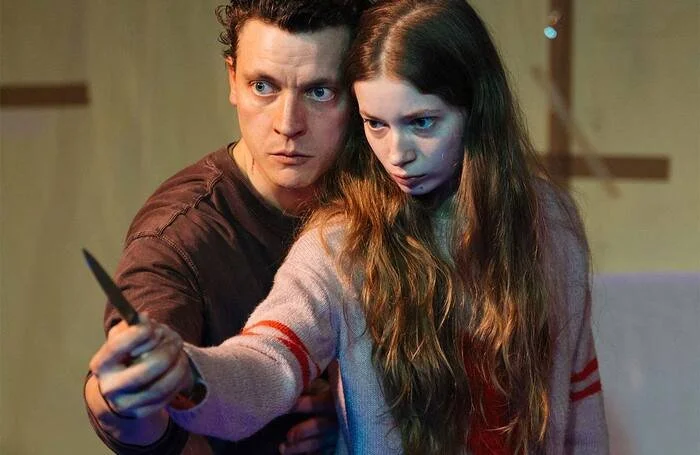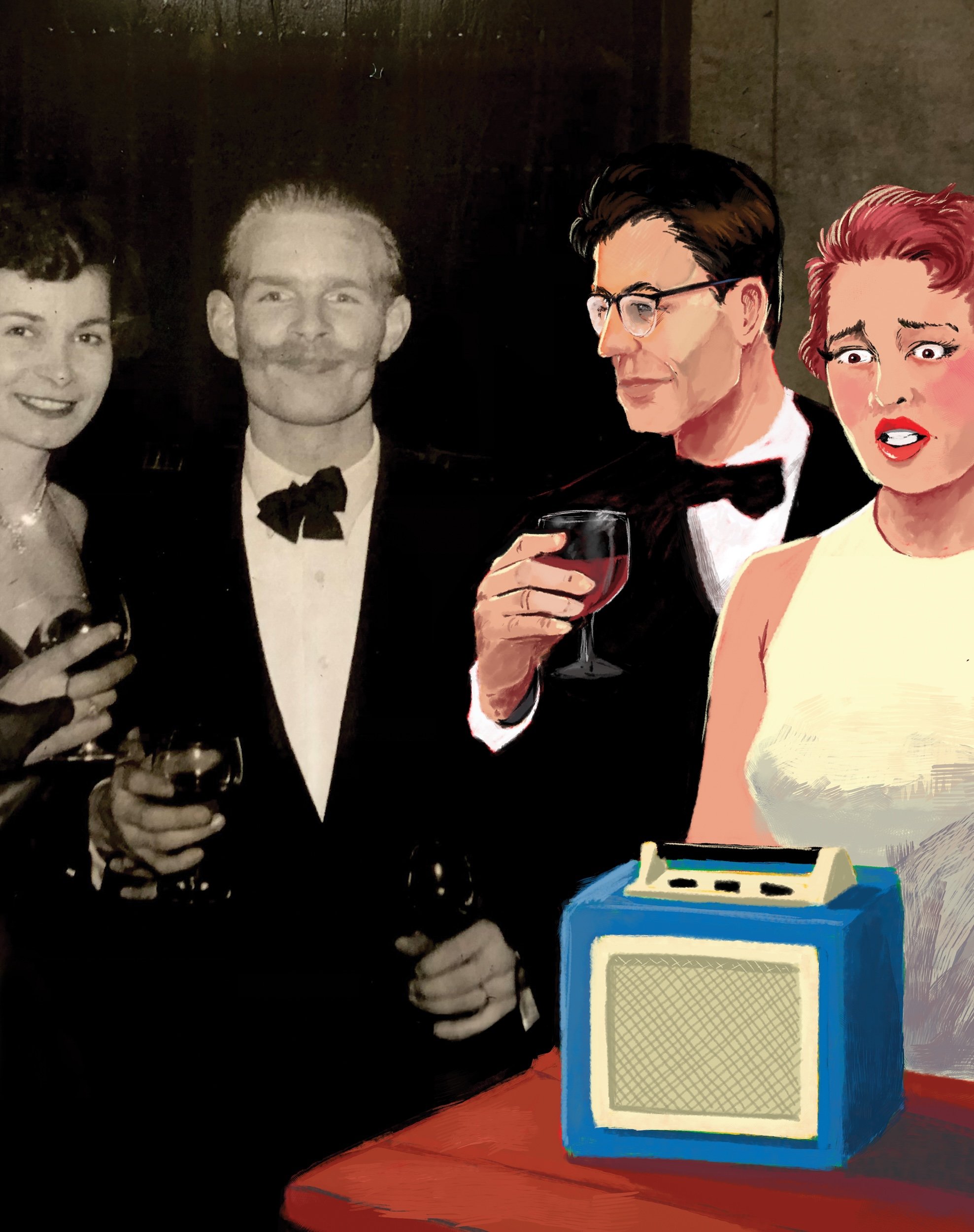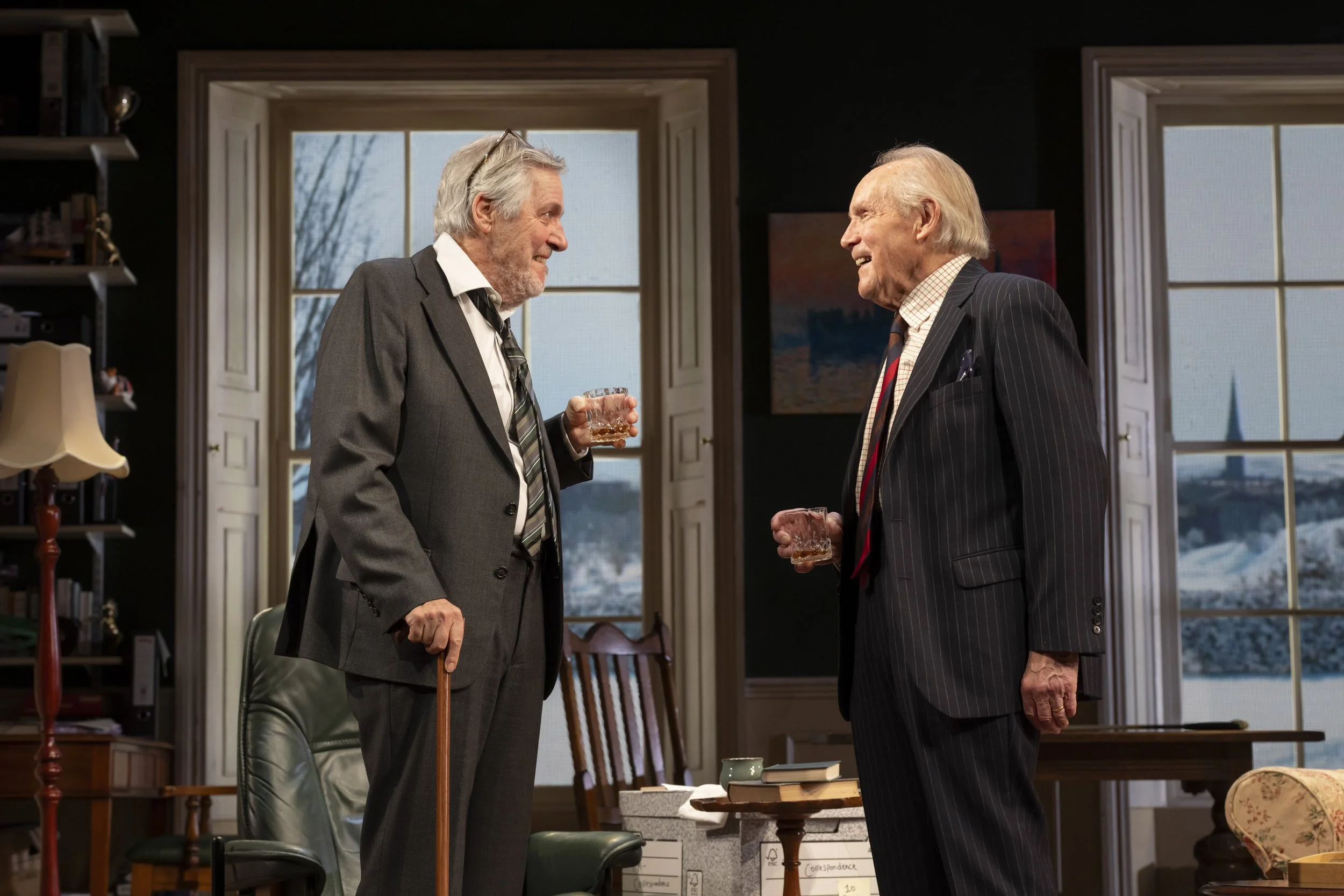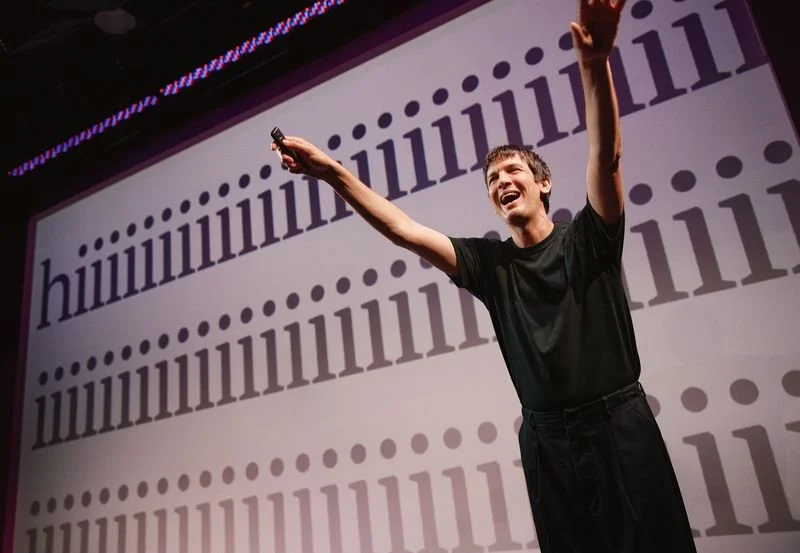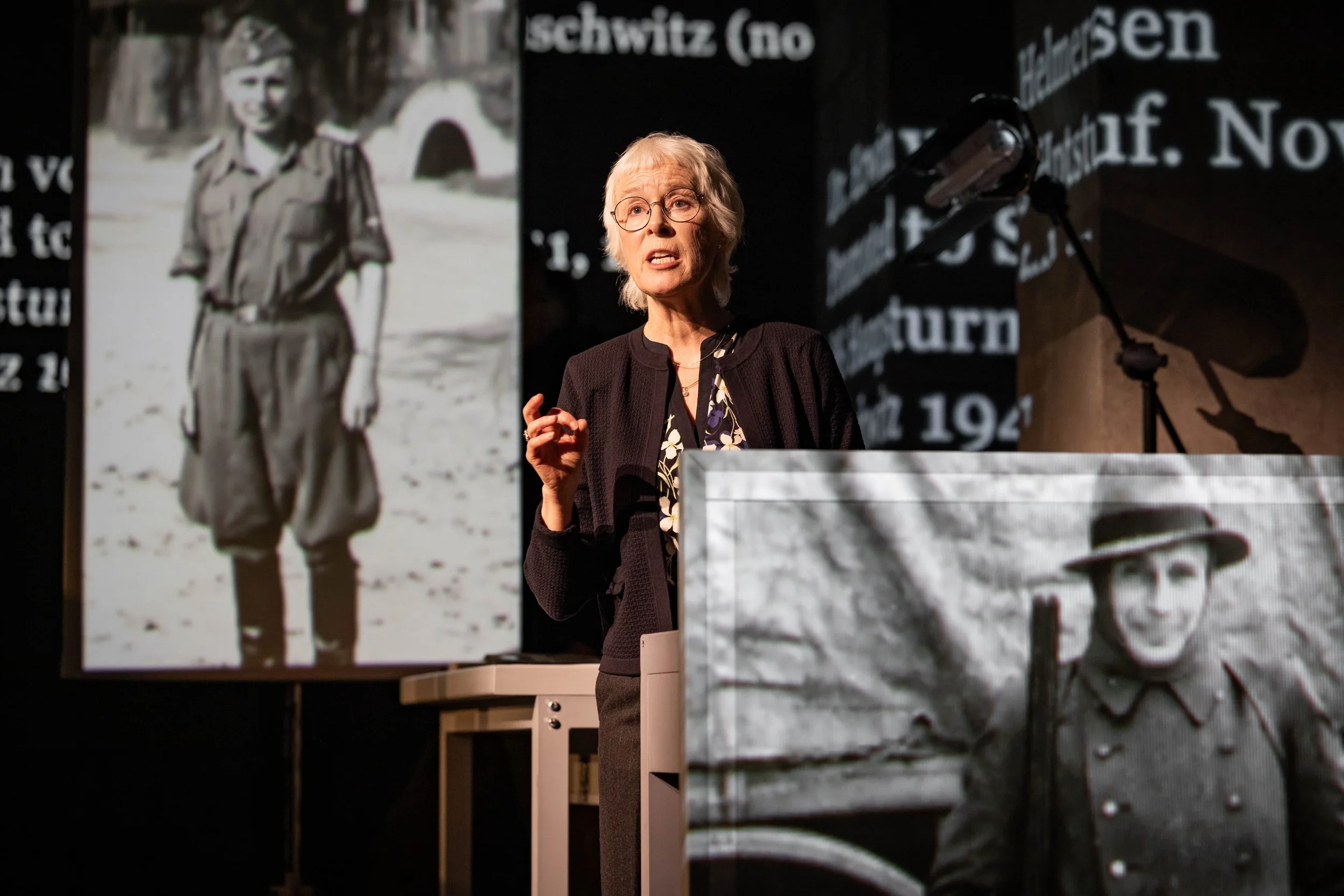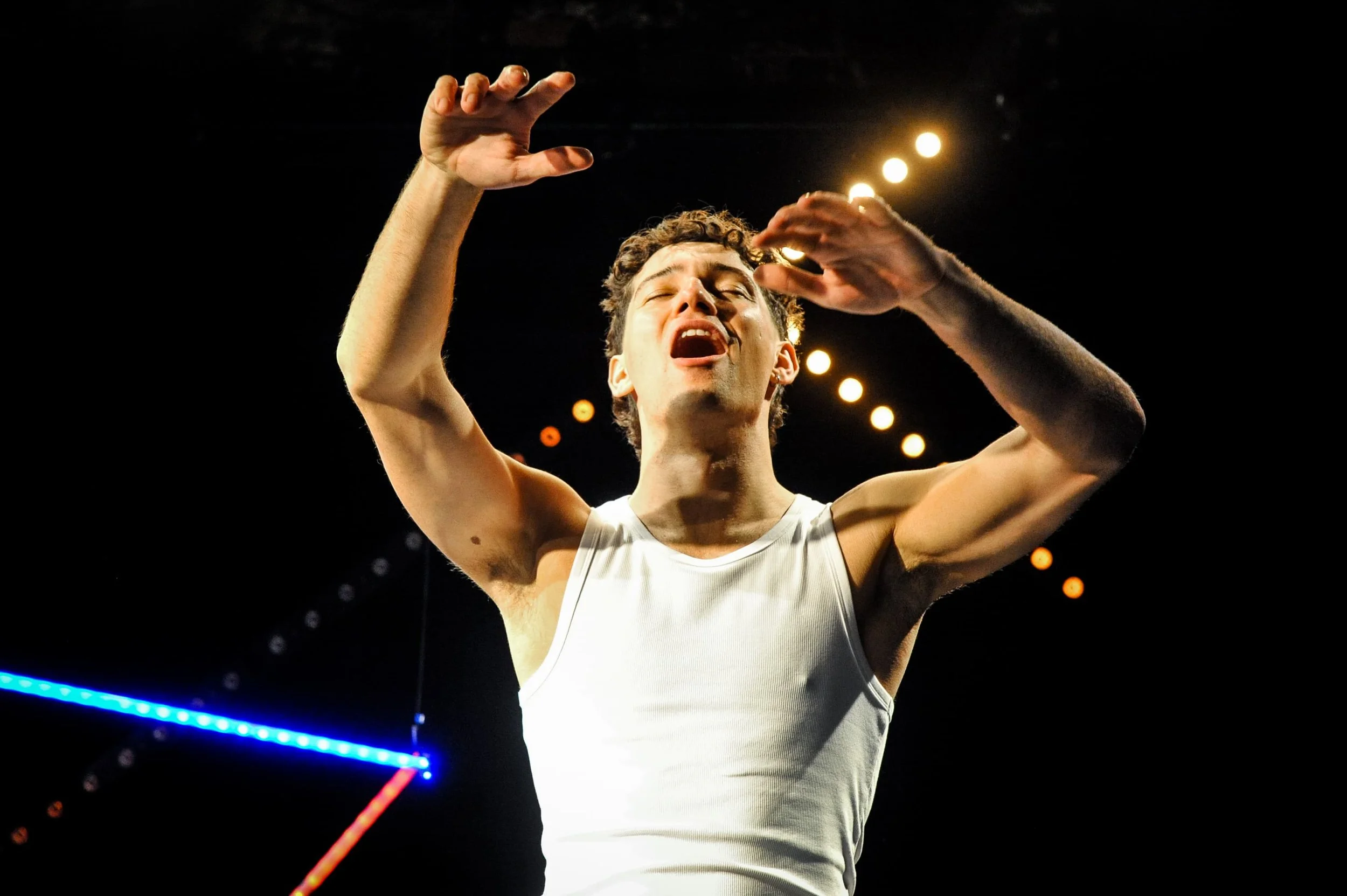Hedda at Theatre Royal Bath Review
Hedda production image. Photo by Manuel Harlan
Written by Liam Arnold for Theatre & Tonic
Disclaimer: Gifted tickets in exchange for an honest review
Matthew Dunster’s contemporary Hedda Gabler is a production that dazzles in moments but frustrates in its ambivalence. Transplanting Ibsen’s 19th-century tragedy to modern London, it delivers a Hedda for the post modern era—all restless intelligence and performative ennui—yet stumbles over the text’s inherent tensions. Lily Allen, reuniting with director Matthew Dunster who she worked with on 2:22 A Ghost Story and The Pillowman at the Duke of York’s Theatre in London, is magnetic as the disillusioned antiheroine, but the adaptation’s reluctance to fully commit to its own modernity leaves her stranded between two worlds: neither the constrained aristocrat of Ibsen’s original nor a plausible millennial casualty of late capitalism.
Allen’s Hedda is a thrilling paradox—equal parts petulant nepo baby and caged predator. She prowls Anna Fleischle’s sleek, sterile set (all Scandi minimalism and muted luxury) like a woman auditing her own life, vaping but radiating the same dangerous boredom. Her chemistry with Brendan Coyle’s Brack crackles with unspoken menace. Coyle, playing the role as a Tory-adjacent power broker, deploys coercion with a smile, his threats velvet-wrapped but lethal. Their scenes together are masterclasses in subtext—particularly Brack’s quiet blackmail, which Coyle delivers with the casual malice of a man who knows the system will always protect him.
Yet for all its surface sophistication, the production falters when confronting Ibsen’s fundamental question: Why doesn’t Hedda just leave? In 1891, the answer was societal annihilation; here, it’s muddled. Allen’s Hedda, the daughter of a music mogul, sneers at the idea of work with millennial disdain, but her terror of scandal feels disproportionate when tabloid redemption arcs exist. Likewise, Tom Austen’s Jasper—a recovering alcoholic academic—is compellingly raw, but his ruin after one relapse strains credulity in an age of public rehab stints. The script’s fidelity to Ibsen’s plot (suicide by antique pistol, anyone?) clashes jarringly with its iPhone-and-Instagram aesthetic.
The supporting cast shine where the concept wobbles. Imogen Stubbs steals scenes as Aunt Julia, her well-meaning fussiness masking steel, while Julia Chan locates unexpected pathos in Taya (Ibsen’s Thea), rewriting the character as less victim than survivor. But Ciaran Owens’ George remains an enigma—neither doting enough to explain Hedda’s marriage nor spineless enough to justify her contempt. Their dynamic, crucial to the tragedy, never coheres.
Dunster’s direction amplifies the text’s thriller-esque beats, but at a cost. The second half accelerates into melodrama, sacrificing psychological depth for pacing. Hedda’s unraveling should feel inevitable; here, it’s rushed, her final act registering as impulsive rather than tragically preordained. The production’s most provocative idea—that modern coercive control operates through social capital rather than laws—gets lost in the shuffle.
What lingers is Allen’s star turn: a Hedda who weaponizes her own alienation, her vulnerability flashing only in rare unguarded moments. It’s a performance that begs for a bolder adaptation—one that might ditch the pistols for pills, or trade Ibsen’s dialogue for something sharper. As is, this Hedda feels like a chic but conflicted cover version: brilliantly performed, gorgeously staged, but never quite finding its own key.
Hedda plays at Ulstinov Studio, Theatre Royal Bath until 23rd August
★ ★ ★

